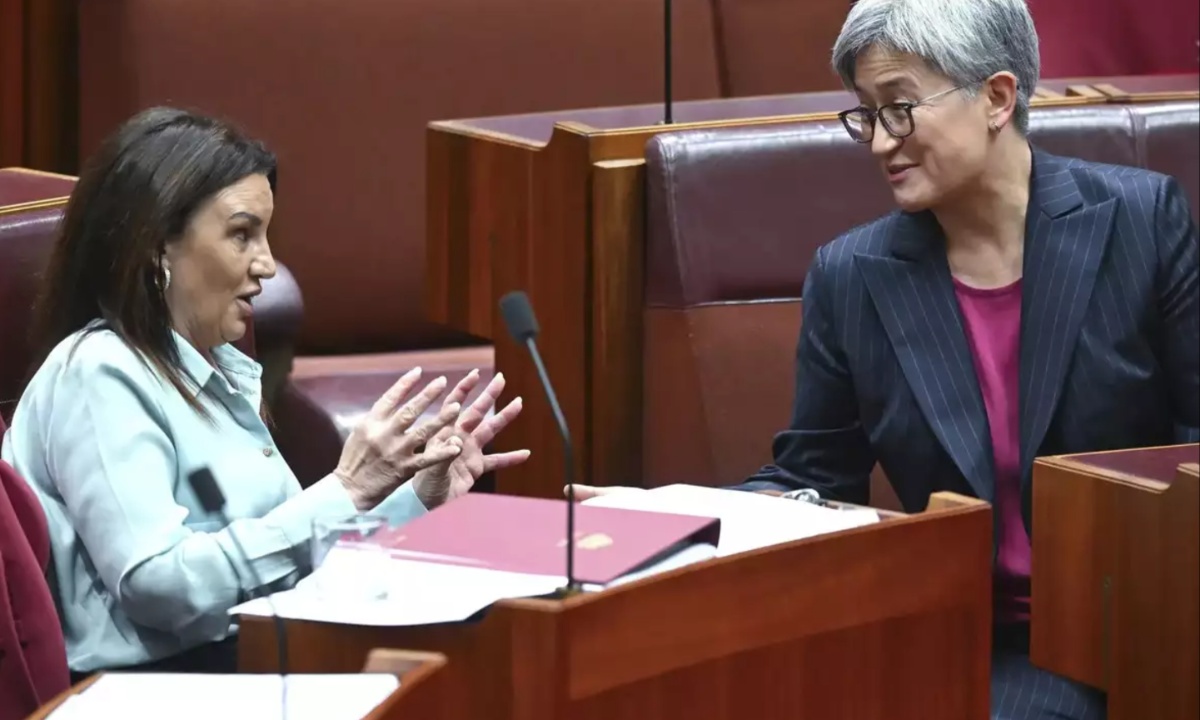Australia’s House of Representatives passed a bill on Wednesday that would prevent children under 16 years old from using social media platforms, marking a significant move towards stricter online regulations. The bill, which has the backing of major political parties, holds social media platforms such as TikTok, Facebook, Instagram, Reddit, Snapchat, and X accountable for ensuring that users under 16 cannot create accounts.
Platforms could face fines of up to 50 million Australian dollars ($33 million) if they fail to implement adequate age restrictions. The legislation passed with a vote of 102 to 13, and the final decision now rests with the Senate.
The bill gives social media platforms a year to adjust to the new rules before penalties are imposed. During parliamentary discussions, Opposition lawmaker Dan Tehan stated that the government had agreed to amendments that would strengthen privacy protections, ensuring platforms could not compel users to provide sensitive identity documents, such as passports or driver’s licenses.
While Tehan acknowledged that the law might not be perfect, he argued that even small improvements could make a significant difference in protecting young people online.

Australia Passes Bill to Ban Social Media Use for Children Under 16, Sparks Privacy and Effectiveness Concerns
The bill was introduced in the Senate on Wednesday but did not proceed to a vote, as the session adjourned later that day. The legislation is expected to be passed during Thursday’s final parliamentary session of the year, which could also be the last session before elections. The major political parties’ support for the bill suggests it will pass in the Senate, despite the lack of a majority for any one party in the chamber.
Despite strong backing from the major parties, the bill has faced criticism from some lawmakers, especially those who are not aligned with either the government or opposition. Critics argue that the legislation has been rushed through Parliament without sufficient scrutiny and may not be effective in protecting children.
Concerns were also raised about privacy risks, the potential for the ban to isolate children, and the loss of parental authority over decisions regarding their children’s social media use. Some critics worry that the legislation could drive children to more dangerous parts of the internet, such as the dark web.
Independent lawmaker Zoe Daniel expressed doubts about the bill’s impact, claiming it would do little to address the inherent harms of social media. She argued that the government’s true motivation behind the legislation was not to improve the safety of social media, but to give the appearance of taking action on the issue. Additionally, social media platforms have called for the vote to be postponed until June next year to allow time for a government-commissioned evaluation of age assurance technologies.























